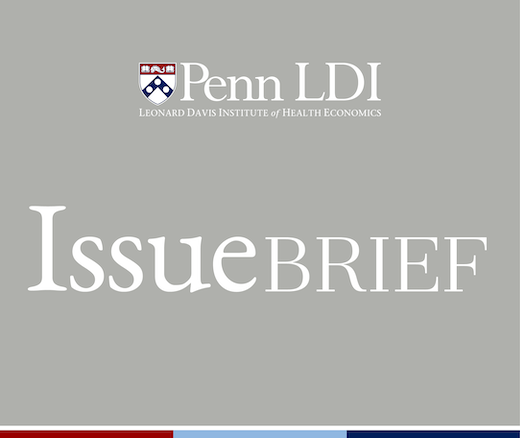
Medicaid Long-Term Services and Supports Data
Issue Brief: Understanding Gaps and Opportunities to Advance Research and Policy
Improving Care for Older Adults
Blog Post
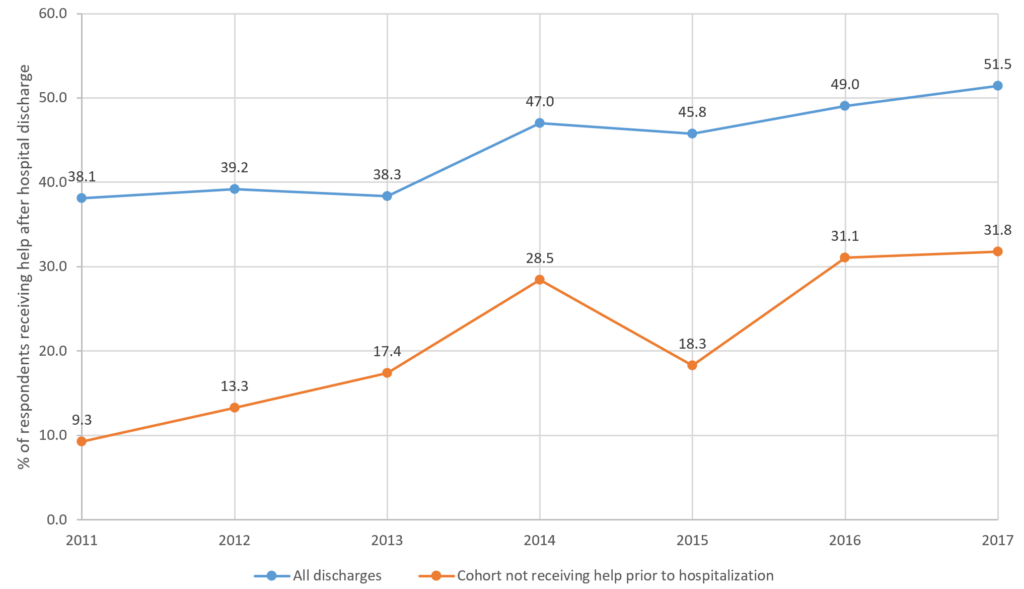
In a study in JAMA Network Open, LDI Fellows Eric Bressman, Norma Coe, Rachel Werner, and colleagues find that an increasing proportion of older hospitalized patients who are being discharged home need help with activities of daily living. As shown in the figure above, the increase is striking for patients who were not receiving this kind of help before hospitalization, suggesting that these are new needs arising during the hospitalization.
These trends should give us pause, given that they coincide with reductions in the use of institutional postacute care. Payers have achieved some savings from bundled payment models by shifting postacute care home, but we must question whether these cost savings are offset by an increasing burden on patients and families. It is likely that formal home health care is not fully meeting these needs. Indeed, the researchers found similar trends in needing help among patients not receiving Medicare-reimbursed home health care. Are family and friends picking up the slack? If so, what are the financial and other costs of this shift from formal to informal care, and how can we support families facing this burden?
You can read the entire study here.
The study, Trends in Receipt of Help at Home After Hospital Discharge Among Older Adults in the US, was published in JAMA Network Open on November 30, 2021. Authors include Eric Bressman, Norma B. Coe, Xinwei Chen, R. Tamara Konetzka, and Rachel M. Werner.

Issue Brief: Understanding Gaps and Opportunities to Advance Research and Policy
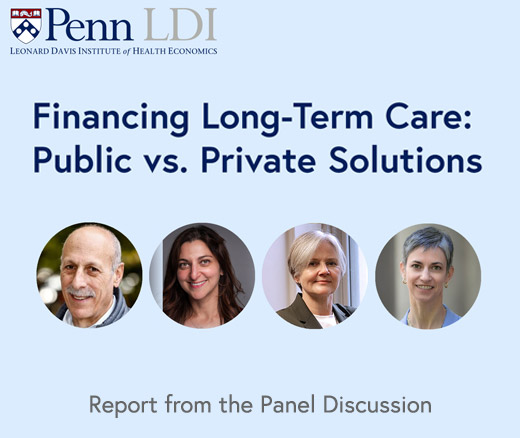
A Penn LDI Virtual Panel Looks Ahead at New Possibilities
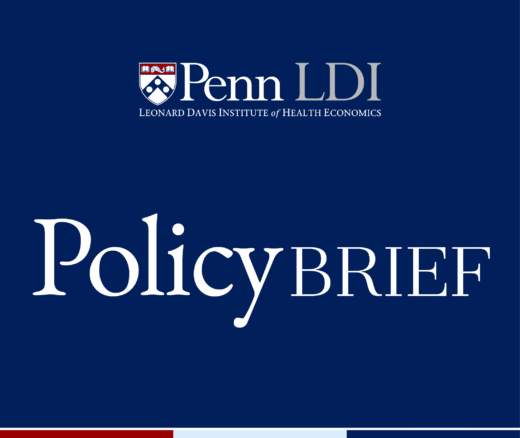
Lessons from the Past, Imperatives for the Future
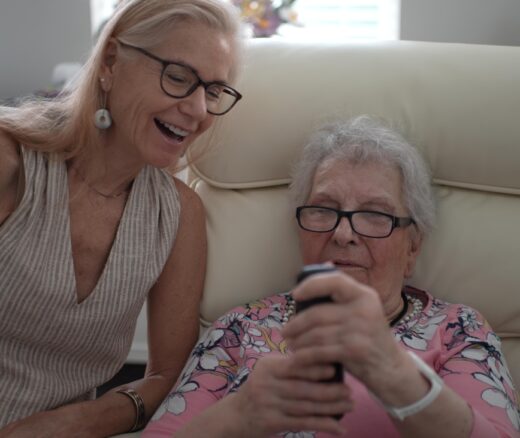
Technology Helps Older Adults Stay at Home—But May Delay Necessary Transitions to Higher Levels of Care

Her Transitional Care Model Shows How Nurse-Led Care Can Keep Older Adults Out of the Hospital and Change Care Worldwide

Direct-to-Consumer Alzheimer’s Tests Risk False Positives, Privacy Breaches, and Discrimination, LDI Fellow Warns, While Lacking Strong Accuracy and Much More